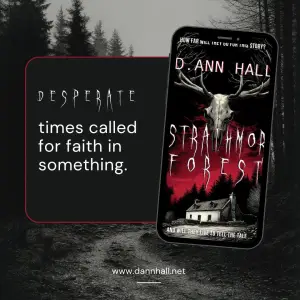As an avid reader with a penchant for self-help and personal development books, I was drawn to Henry Cloud’s Necessary Endings. It promised to offer insight into making tough decisions in both personal and professional realms—something that’s incredibly relevant in today’s fast-paced world. With the need for effective decision-making in both areas of life, I was eager to dive in and see what wisdom Cloud, a bestselling author, had to share.

From the very start, Necessary Endings captivated me. Cloud’s writing is straightforward and digestible, allowing readers to easily grasp complex concepts. His approach emphasizes that recognizing when to end certain situations or relationships is beneficial, not only helping us to achieve our professional goals but also enhancing our personal lives. As many readers have noted, his book is deeply practical, offering a balanced view on the inevitability of endings, which I found refreshing.
One standout feature is Cloud’s detailed exploration of the cycles of life and the natural transitions we all face. I couldn’t help but relate to KN Jenkins’ experience, who appreciated the deliberate pacing of the book—like her, I found myself often pausing to reflect on how I might implement the lessons learned. Cloud encourages us to look beyond the discomfort that often accompanies endings and examines the internal maps or thought patterns, such as emotional resilience and misplaced loyalty, that frequently inhibit us from making necessary changes.
However, while the book is a treasure trove of insights, there are moments that some readers might find less engaging, as Dumpling pointed out. Certain chapters delve heavily into business-oriented advice, which may not resonate with everyone—especially if you don’t find yourself in leadership roles. I agreed with this observation; some parts felt a bit more geared towards corporate readers, but they ultimately provided valuable frameworks that could be adapted to various personal contexts.
In particular, I appreciated the chapter on the importance of having a plan and cultivating hope. Similar to what simbarashe mavhera mentioned in his review, Cloud’s focus on the necessity for a structured approach to endings resonated with me and has given me a practical roadmap for the transitions in my own life.
A drawback for me was the repetitive nature of some themes. While the core messages are profoundly valuable, the reiteration may feel excessive at times. This could lead to a more seasoned reader feeling restless, as seen in the experience of some who felt it dragged slightly toward the latter sections. However, it’s worth noting that as I continued reading, the practical wisdom became increasingly actionable, and I found renewed energy in its applications.
Cloud offers an impressive array of anecdotes that illustrate the power of discernment in navigating life’s complexities. His exploration of behaviors—labeling them as signs of a "wise person," "fool," or "evil person"—was enlightening and a bit provocative. Much like Becky Blanton, I appreciated how these classifications provided clarity, helping me frame my interactions in a more constructive way.
Overall, Cloud’s Necessary Endings delivered more than I anticipated. It meets the bar set by endorsements like Dave Ramsey’s, emphasizing that recognizing and acting on necessary endings is a life-altering practice. For anyone hesitating at a crossroads in their career or personal life, this book serves as a guiding light.
In conclusion, I wholeheartedly recommend Necessary Endings to those looking for a fresh perspective on navigating life’s transitions. While it might lean a bit toward the corporate side at times, its lessons transcend workplace applications and echo throughout our personal relationships and growth. This book is undoubtedly a worthwhile investment for anyone eager to cultivate a healthier, more fulfilling path forward.
Discover how to let go of what holds you back and embrace new beginnings with Necessary Endings. >>







